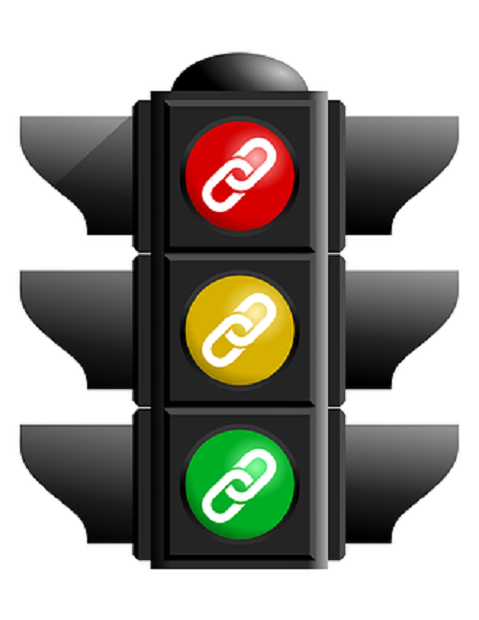The Role of Back-Links in SEO: Do They Still Matter?

The Enduring Power of Backlinks: Do They Still Matter in SEO?
In the ever-evolving landscape of search engine optimization (SEO), one question persistently resurfaces: do backlinks still matter? While Google's algorithms have become increasingly sophisticated, and the emphasis on quality content and user experience has grown, the role of backlinks remains a significant factor in determining a website's ranking.
Understanding Backlinks and Their Significance
A backlink, simply put, is a link from one website to another. In the context of SEO, they act as "votes of confidence" from other websites to yours. Search engines like Google interpret these votes as a signal of your website's authority and credibility.
Historically, backlinks were a dominant ranking factor. However, this led to manipulative practices like link farming and buying backlinks, which aimed to artificially inflate a website's authority. Google responded by refining its algorithm to prioritize quality over quantity.
The Evolving Role of Backlinks
While the emphasis has shifted, backlinks still play a crucial role in SEO. Here's how they contribute:
- Authority and Credibility: High-quality backlinks from reputable websites signal to search engines that your content is valuable and trustworthy.
- Referral Traffic: Backlinks can drive direct traffic to your website from other sources.
- Discoverability: Backlinks help search engine crawlers discover and index new pages on your website.
- Relevance: Backlinks from websites relevant to your niche demonstrate topical authority.
Quality Over Quantity: The Modern Backlink Strategy
The key to successful backlink building in today's SEO landscape is quality over quantity. Building a massive number of low-quality backlinks can actually harm your website's ranking. Instead, focus on earning backlinks from:
- Authoritative Websites: Links from established and respected websites in your industry carry more weight.
- Relevant Websites: Backlinks from websites with related content demonstrate topical relevance.
- Natural Links: Earn backlinks organically through creating valuable content that other websites want to link to.
- "Do-Follow" Links: These links pass on link equity, contributing to your website's ranking. "No-follow" links do not pass on link equity.
Strategies for Earning High-Quality Backlinks
- Create Valuable Content: Produce high-quality, informative, and engaging content that other websites will want to link to.
- Guest Blogging: Write guest posts for reputable websites in your industry and include links back to your website.
- Broken Link Building: Find broken links on other websites and offer your relevant content as a replacement.
- Earn Mentions and Citations: Build relationships with journalists and bloggers to earn mentions and citations.
- Build Relationships: Networking with other site owners, and relevant people in your field, can lead to natural backlink opportunities.
The Future of Backlinks
While Google's algorithm continues to evolve, backlinks are likely to remain a significant ranking factor. However, the focus will continue to be on quality, relevance, and natural link acquisition.
In Conclusion
Backlinks still matter in SEO, but their role has shifted from quantity to quality. Building a strong backlink profile requires a strategic and ethical approach that prioritizes earning backlinks from reputable and relevant websites. By focusing on creating valuable content and building genuine relationships, you can leverage the power of backlinks to improve your website's ranking and drive sustainable traffic.
